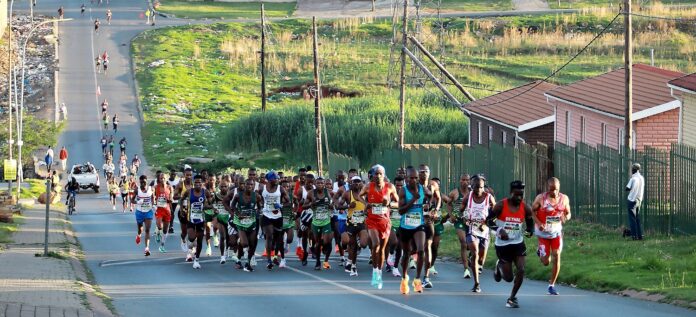Hosting the G20 summit a stone’s throw away from Soweto is portrayed as both a symbolic victory and an economic chance. However, symbolism alone cannot hide the deeper structural issues about whether a week-long diplomatic gathering of heads of state can significantly influence long-term growth path or elevate the township economy, which has long been excluded from global value chains.
The challenge is whether the summit can spark institutional reforms, productive investment and regional integration.
Evidence from previous G20 hosts presents a cautionary picture. China’s 2016 presidency sparked a 22% rise in land prices in Hangzhou, mainly driven by construction and transport upgrades. Benefits accrued disproportionately to property owners rather than to workers or SMMEs, and long‑term productivity gains were limited.
Indonesia’s 2022 experience delivered measurable, localised, regional GDP growth, higher hotel occupancy and increased SMME sales.
These mixed results suggest that hosting may produce temporary boosts and visibility, but transformative outcomes depend on domestic structural reforms far beyond the summit.
South Africa entered the G20 presidency with undeniable structural strengths: a diversified economy, regional influence, and its position as an investment gateway for Southern Africa.
Modelling consistently shows South Africa as the largest net beneficiary from deeper
regional integration, with spillover effects to neighbouring economies.
Indeed, these strengths coexist with binding constraints, including unemployment hovering above 30%, severe logistics bottlenecks, weak state capacity, and stalled reforms that undermine competitiveness.
The choice of Soweto taps into what economists call the “demonstration effect”: global visibility can shift investor perceptions and legitimise township enterprises as credible suppliers. With a R900-billion township economy supporting more than two million jobs, the potential upside is substantial.
The G20 Business Council’s Township Economy Forum should provide a structured platform for SMMEs to secure procurement contracts ranging from catering and logistics to tourism and cultural events.
An estimated 3 000 temporary jobs are expected to arise, alongside a projected R2.3-billion boost in tourism and services revenue during the summit.
However, longer‑term gains hinge on whether the summit unlocks structural reforms similar to those observed under Germany’s 2017 presidency. The Compact with Africa, initiated during Germany’s presidency, led to an estimated 5% increase in GDP per capita growth among participating states between 2017 and 2021.
The IMF attributed this to improved macroeconomic policy frameworks, credible investment reforms, and reduced perceived risk, all of which lowered the cost of capital. The implication for South Africa is clear: investors do not respond to summits; they respond to reforms.
Non-tariff barriers and fragmented regulations across SADC constrain regional value chains, limiting the benefits of the African Continental Free Trade Area. Skills shortages further reduce the ability to convert foreign direct investment (FDI) into inclusive job creation.
Without commitments to reform logistics, energy, and regulatory certainty, projected FDI gains of R20- to R40-billion over the next decade are more aspirational than assured.
SA’s successful effort to secure the African Union’s permanent G20 membership marks an important shift in favour of the Global South.
However, geopolitical victories must be accompanied by improvements in domestic governance. Past G20 hosts demonstrate that meaningful economic benefits develop over five to 30 years. Infrastructure projects take time to mature, investor perceptions change slowly, and policy reforms require ongoing commitment.
Our G20 presidency should therefore be viewed not merely as an opportunity, but as a pivotal moment, a chance to reset the policy landscape, strengthen regional cooperation, and integrate township enterprises into formalised value chains.
• Mngqibisa is an SMME activist



